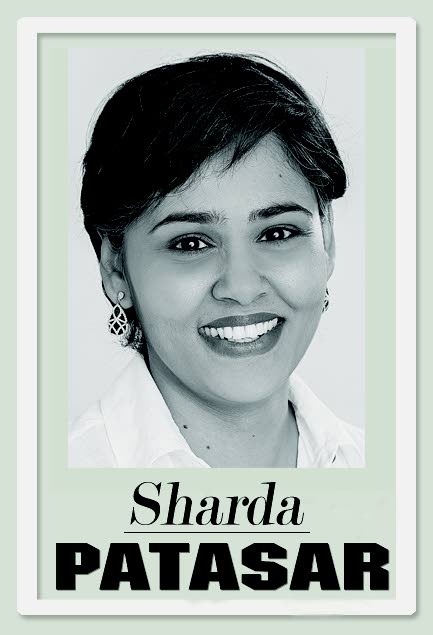Education and its abuse

The SEA examination is abusive. This is a strong accusation. It is an accusation because it points fingers at designers and instigators. It points fingers at history and the people who create some of its stench with foolish decision-making. And I wish to state that, though I understand the need for a rigorous selection process, I do not understand why such a selection is necessary for 11 year-olds who are robbed of some crucial years of development for the sake of an examination that introduces them to the idea of inferiority/superiority, win/lose mentality. As if the politicians do not already do a good job of reiterating the beauty of destructive behaviours, we begin grooming students in a system that should be rather a balance between discipline and enjoyment. The system nurtures (and I might even say like Hannibal, polished and learned, classical music playing softly in the background, preparing his human meals with finesse) the belief that all fingers should be equal. While we all know that this is a fallacy, we convince ourselves that it is a reality.
The issue for me has been this: despite the attempts to bring some equality through the dismantling of the junior secondary system, the idea of junior sec versus prestige school remains a part of our cultural memory. Computers for all, "no child should be left behind" (I am not even sure what this means) seems duncy in our context because again, these are half-baked decisions.
The schools may have been renamed "government" schools, but history runs deep and SAGHS and NAPS are still associated in our cultural memory with excellence. History, you see, seeps into the land that we walk on and has already rooted itself in the physical and mental infrastructures that make up this space. This island that we live on is not just a rock. This rock breathes. Echoes remain in the built heritage around us. We enter a schoolyard and we can immediately feel a sense of awe or dread. It is psychological and physical at the same time.
The footfall of the teachers, the attitudes of the students, the speech patterns surrounding us, all influence our perception of the space. Schools are not just buildings. They are a sum of all these other elements. So whether or not Arima North Secondary is a junior sec or five-year school, its past remains embedded there.
We fail to take this into consideration, assuming, erroneously, that a change of name changes the idea. I suppose this is a part of our Carnival heritage – role play when the reality is out of reach, but just for a few hours, let’s mask ourselves into believing that this role will work. As with many decisions taken in the name of progress, changing the school structure is topical medication on wounds that require amputation. But even further it is hypocrisy to say that we are standardising when in fact, the structure of ‘first choice," "second choice" remains, reiterating prestige versus non-prestige, bright versus underperforming.
Though one may argue that educators have similar educational qualifications across schools, the history of the school determines the quality of education that students are provided with. And so we are faced with a conundrum of sorts, for this is a sore reality, and parental concerns are legitimate. As such, the prestige versus government culture will persist as long as cultures remain thriving. And they thrive still through the systems that continue to reinforce the idea of high/low education culture.
I do not believe in utopian possibilities. But I believe in efforts to amend for a good of a greater percentage of people.
Hierarchies are a reality. We shall accept this as a given. Hierarchies at age 11, however, are cruel and traumatic. I remember well Daniel Goleman’s Emotional Intelligence era and Howard Gardner’s multiple intelligences theory and looked at adults try to wrap their heads around these ideas. But socialisation is sneaky. Neither computers for all nor a theoretical knowledge of Gardner will help the situation until our population begins to re-evaluate our definitions of success and the purpose of education.
We speak about critical thinking without understanding what it is. Given that everyone’s head is still stuck in books reading theories and spouting ideas, we forget that education is a mind-body event; it is a balance between theory and practice; it is an ongoing process of developing our abilities to navigate our physical and mental landscapes; it is a movement towards interdependence. But we haven’t as a society, understood this yet, given our own mental struggles.
All students and parents must be congratulated for surviving an examination that requires mental toughness and persistence. For my part, this is just another rite of passage, so it is essential that we remember to continue walking.


Comments
"Education and its abuse"